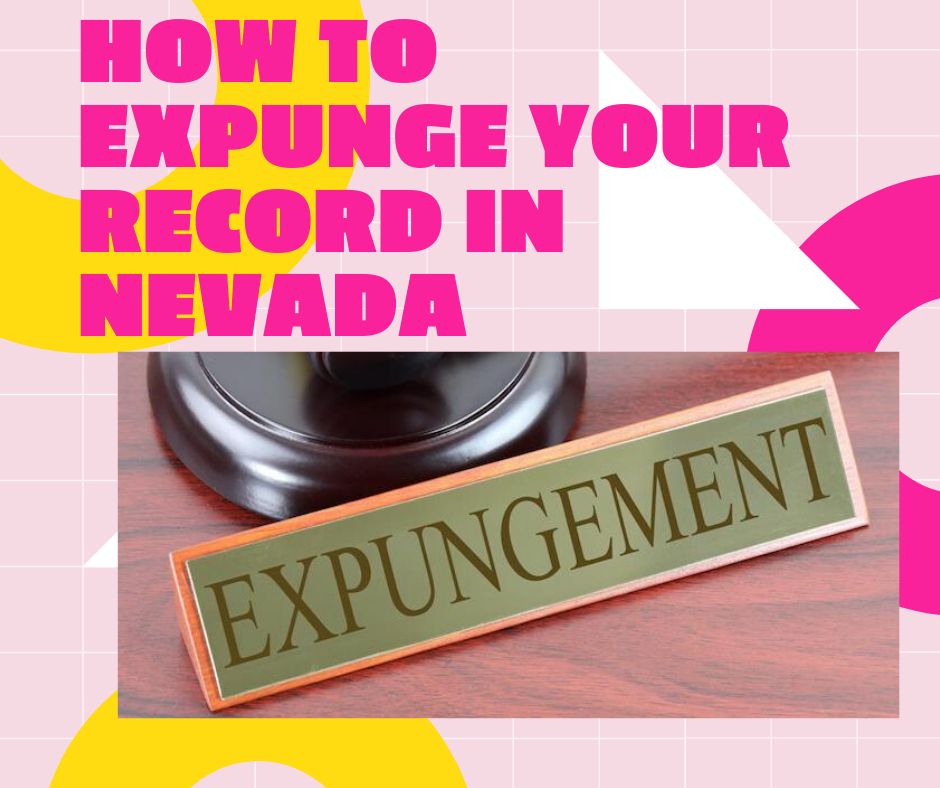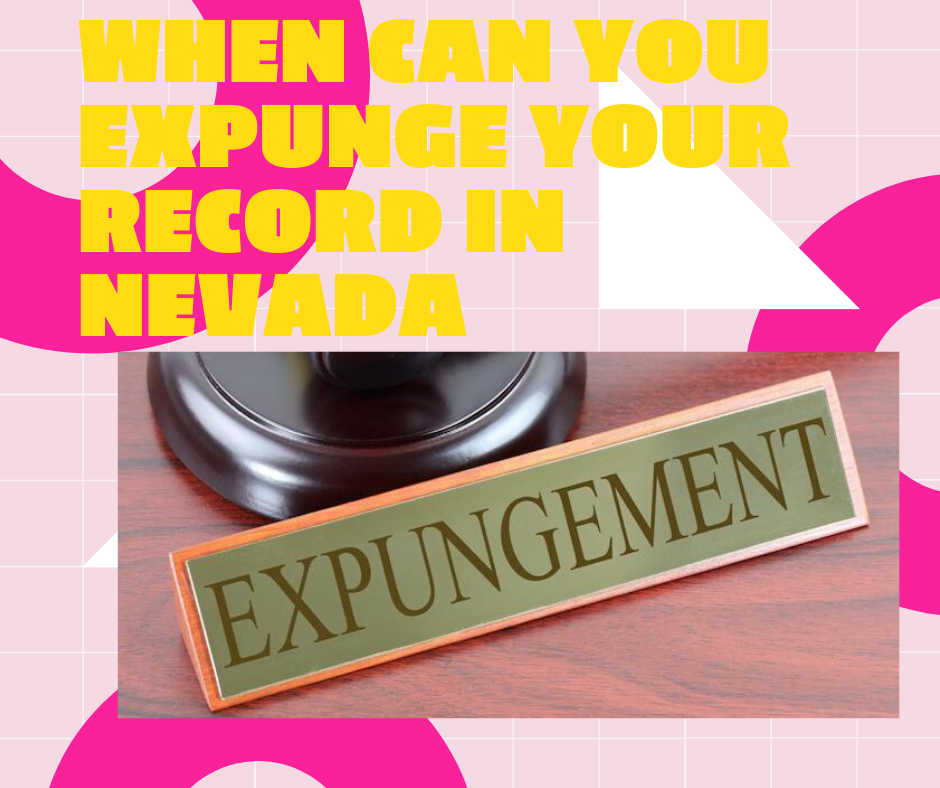How to expunge / seal your record in Nevada?
How to expunge / seal your record in Nevada? If you had a criminal conviction (or dismissal) in your past, you may be wondering how to expunge (seal) your record in Nevada. Not everyone is eligible to have their record sealed. Here are some reasons that you may be ineligible to expunge your record: The […]
How to expunge / seal your record in Nevada? Read More »


